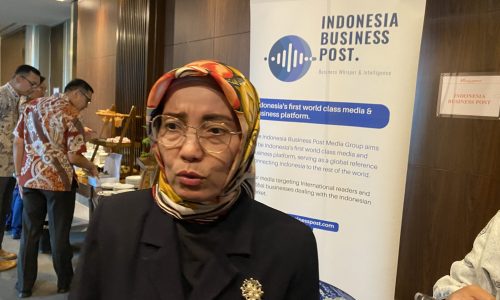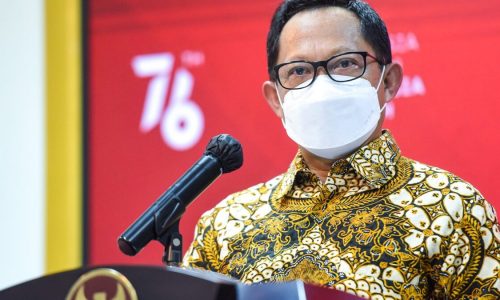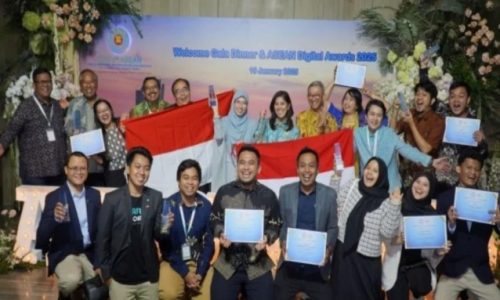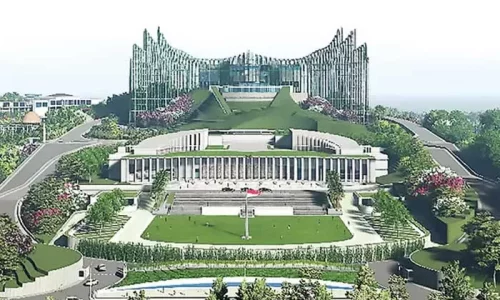PT PLN Energi Primer Indonesia (PLN EPI) has confirmed its capacity to meet the biomass demand for co-firing in coal-fired power plants (PLTU) throughout 2024, targeting supply of 6.6 million tons of biomass.
As of mid-year, PLN EPI has already supplied over 3 million tons of biomass to PLN’s PLTUs, with a projected stockpile of 3.6 million tons by December 2024.
Mamit Setiawan, Corporate Secretary of PLN EPI, revealed that the biomass used in co-firing predominantly originates from the areas surrounding PLN’s power plants.
Biomass sources include sawdust, rice husks, palm kernel shells, and empty palm oil fruit bunches. Most of the biomass consists of waste materials, such as wood chips from the replanting of rubber trees.
“Rubberwood that holds market value is sold to the wood industry, and the remainder is processed into biomass,” Mamit said on Friday, September 27, 2024.
In addition to securing biomass supply, PLN EPI recently launched the community-based Biomass Ecosystem Development Program in Bojongkapol Village, Tasikmalaya regency, West Java.
This initiative, part of PLN Group’s efforts to reduce carbon emissions, focuses on utilizing biomass as a co-firing fuel in PLTUs.
PLN CEO Darmawan Prasodjo said that the program supports local community empowerment through the management of critical land for the cultivation of multifunctional energy plants, such as Indigofera, which serves as both biomass fuel and animal feed.
“This program not only strengthens national energy security but also promotes clean energy targets by involving local communities,” Darmawan said as quoted in a written statement.
To date, PLN has successfully implemented co-firing in 46 PLTUs, benefiting 250,000 people and utilizing 3 million tons of biomass, reducing carbon emissions by 3.2 million tons of CO2 equivalent (CO2e).
“With collaboration from various stakeholders, we are confident that these positive achievements will continue to grow,” Darmawan concluded.









